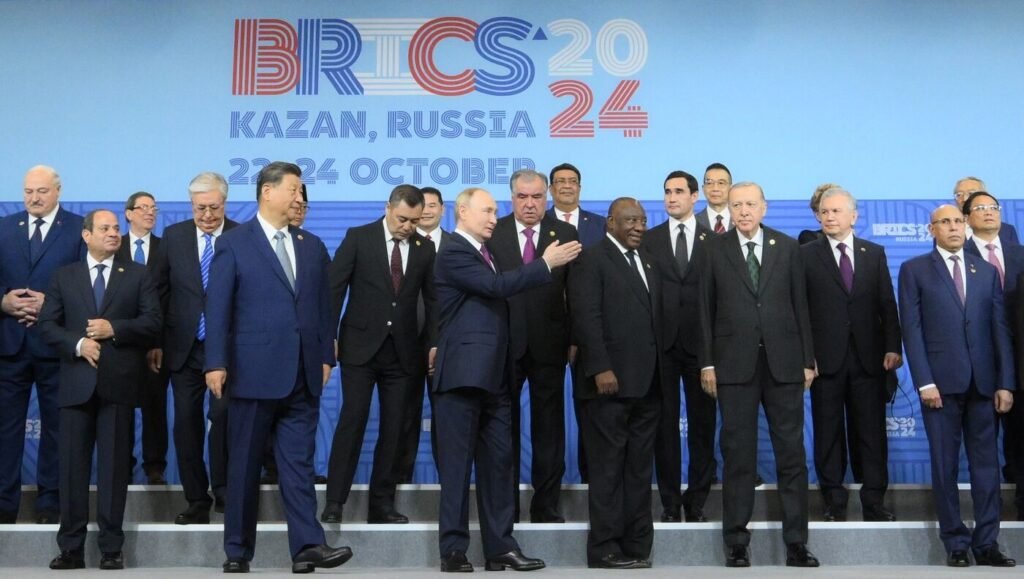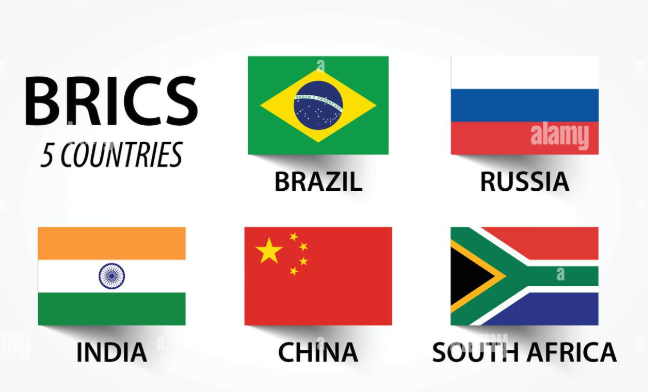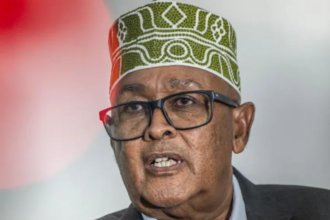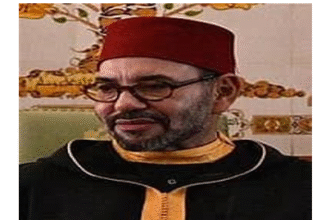JOHANNESBURG, South Africa – Talk of expanding the BRICS economic bloc has intensified in recent weeks, with reports suggesting that dozens of African nations are expressing strong interest in joining the group comprised of Brazil, Russia, India, China, and South Africa. The potential expansion highlights the growing desire for a more multipolar world and a shift away from Western-dominated economic structures.
While no official list has been released, diplomatic sources suggest that countries like Algeria, Egypt, Ethiopia, Nigeria, Niger, Mali, Burkina Faso, Tanzania, Uganda, and Senegal are among the frontrunners in expressing their interest. These nations, with their significant populations, natural resources, and growing economies, could significantly bolster the BRICS’ economic and political clout.

The allure of BRICS membership stems from a variety of factors. Firstly, member nations benefit from access to the New Development Bank (NDB), a BRICS-led multilateral development bank that offers alternative funding sources to those traditionally provided by the World Bank and the International Monetary Fund (IMF). This is particularly attractive to African nations seeking to finance infrastructure projects and sustainable development initiatives without the stringent conditions often attached to Western loans.
Secondly, BRICS offers a platform for greater geopolitical influence and a stronger voice on the global stage. Many African countries feel underrepresented in existing international institutions and see BRICS as an opportunity to advocate for their interests and promote South-South cooperation.
“We are witnessing a genuine desire among African nations to diversify their economic partnerships and pursue a more equitable global order,” stated Professor Adebayo Williams, a Professor of International Relations at the University of Lagos. “The BRICS model, with its emphasis on mutual respect, non-interference, and win-win collaborations, resonates strongly with many African leaders.”
However, the potential expansion faces several challenges. Some analysts question the cohesiveness of the BRICS bloc, citing internal disagreements and differing economic priorities amongst existing members. Furthermore, concerns remain about the economic and political implications of aligning too closely with countries like China and Russia, especially given the current geopolitical climate.
South Africa, the only African member of BRICS, has been actively promoting the bloc as a viable alternative to Western dominance. President Cyril Ramaphosa has emphasized the potential benefits of BRICS membership for African development, highlighting the opportunities for increased trade, investment, and technology transfer.
“This potential expansion signals a significant shift in the global landscape,” stated Dr. Fatima El-Sheikh, an economist specializing in African development. “The success of the expanded BRICS will depend on its ability to address the diverse needs and priorities of its new members and to forge a truly collaborative and mutually beneficial partnership.”
The BRICS summit, scheduled to be held in South Africa in August, is expected to be a pivotal moment where the discussions on expansion will likely take center stage. The decisions made at the summit will undoubtedly have profound implications for the future of the BRICS bloc and the evolving global economic order. The world will be watching to see if this expansion dream turns into a tangible reality, potentially reshaped by the growing involvement of African nations.










